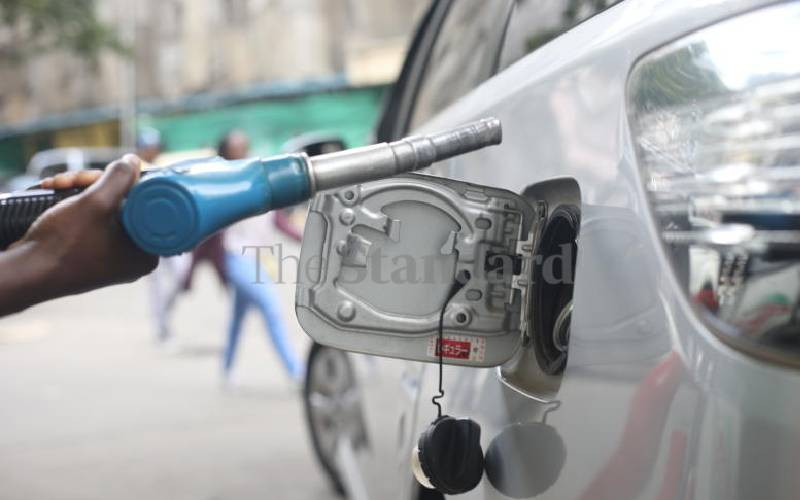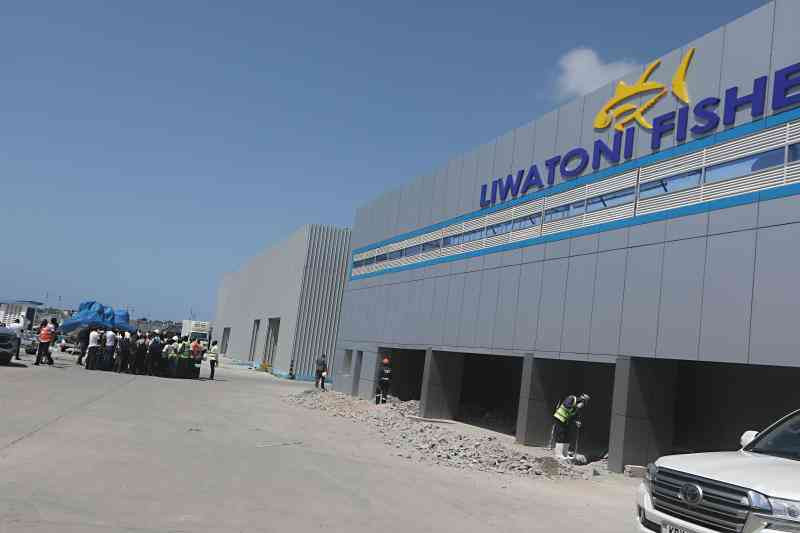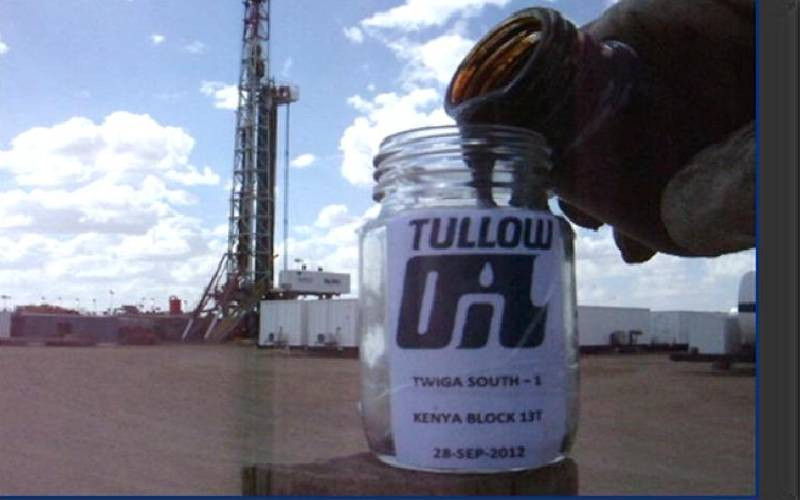×
The Standard e-Paper
Truth Without Fear

The government has handed Kenyans slight relief after reducing cost of fuel for the fifth consecutive month, with a litre of super petrol going down by Sh7.21 and that of diesel reducing by Sh5.
Kenyans hope the drop in prices will also translate into cheaper commodities.

